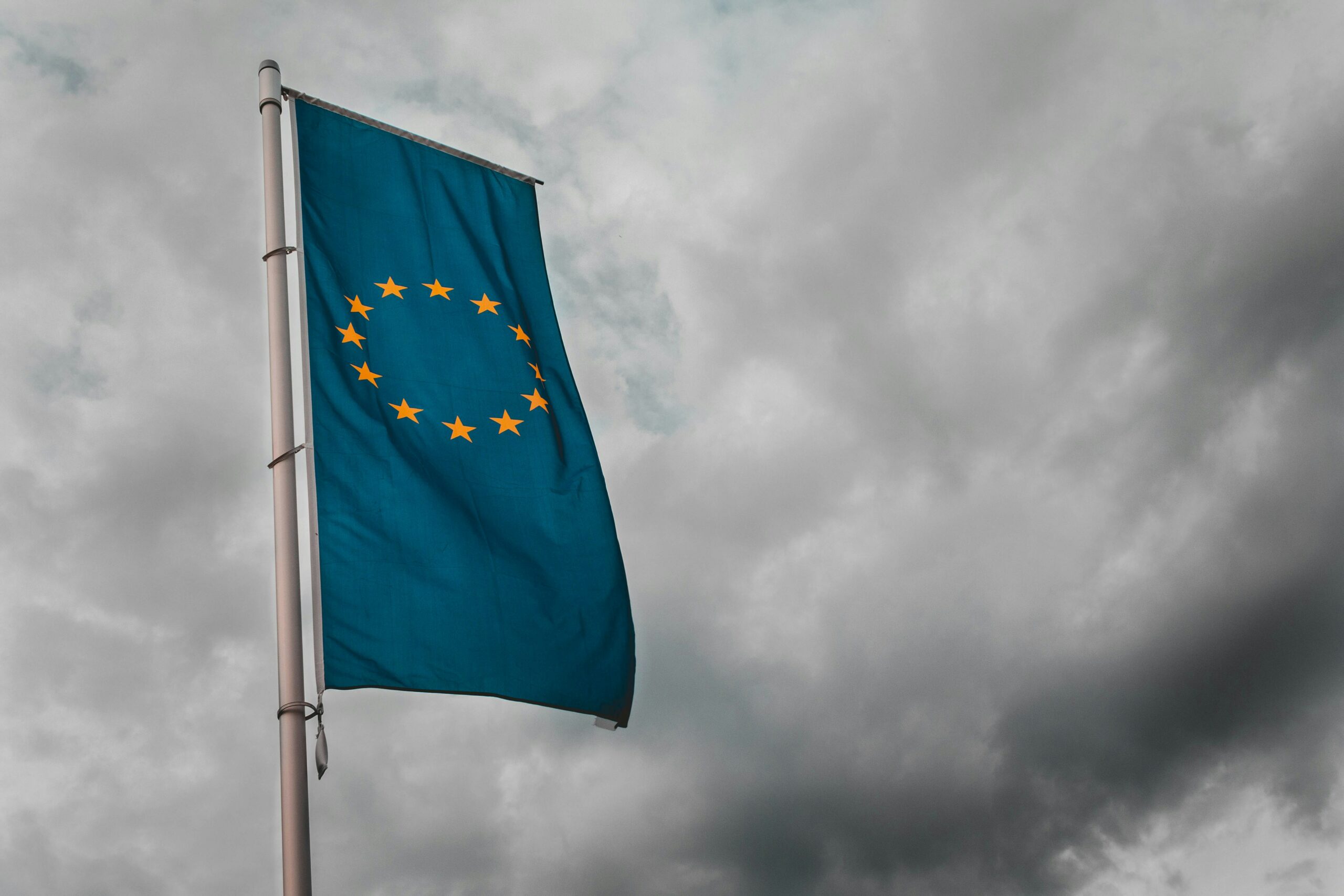Key issue
In response to profound geopolitical changes – suffice it to mention the war in Ukraine, the fraying transatlantic security guarantees, the growing systemic rivalry with China, or the war in Gaza – the law and governance of European security and defence are being adapted, in some cases very extensively, to meet the new realities.
Indeed, Europeans are leaving their peaceful comfort zone and entering the game of power politics – with all the legal, political, social, and industrial implications this move entails. Take, for instance, the recent coming of age of the European Union (EU): from being a normative power with some military activities, the bloc has scaled up its armament production and advanced to Kyiv’s biggest donor, ranking before the United States.
Similarly, Sweden and Finland have abandoned their neutrality policies to join NATO. And the Danes decided in a referendum to join the EU’s security and defence policy, ending an almost three-decade-old opt-out. Importantly, these changes are not temporary: they leave a long-lasting mark on the way European security and defence will unfold.


Objective and relevance
ENSURE’s purpose is to critically assess the significant law and governance adjustments to changing geopolitical realities, with a view to advancing academic knowledge and informing policy-making on the matter. The group has, hence, both an explicative-analytical and an interpretative-prescriptive goal: it traces the many (ongoing) changes to European security and defence and, based on this exploration, engages in a thorough governance study to gauge whether the legal and political adjustments weaken or strengthen governance arrangements and to flag necessary improvements.
Research questions and strands
In line with its goal, the urgent overarching question that ENSURE seeks to answer is: What law and governance for European security in the new geopolitical era?
To respond to this question, the group’s research spans four complementary, inter-connected strands: democracy, accountability, diplomacy and capability.
To ensure analytical consistency, research across these strands unfolds along three cross-cutting dimensions, namely (a) actors and instruments (who does what, why, and on which basis?), (b) regulatory modalities and policy tools (which means are employed and to which end?), and (c) governance implications (does this strengthen/ weaken governance arrangements and is there room for improvement?).

